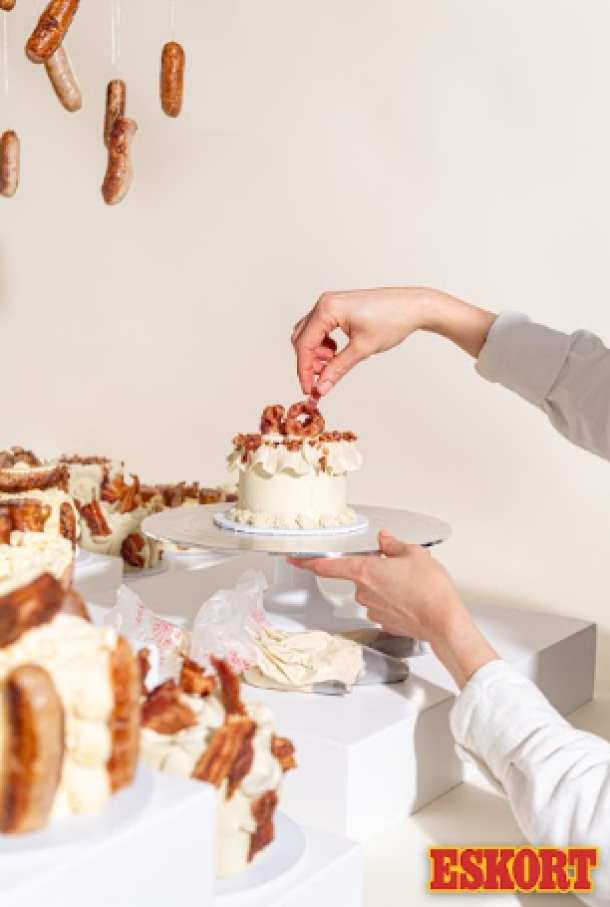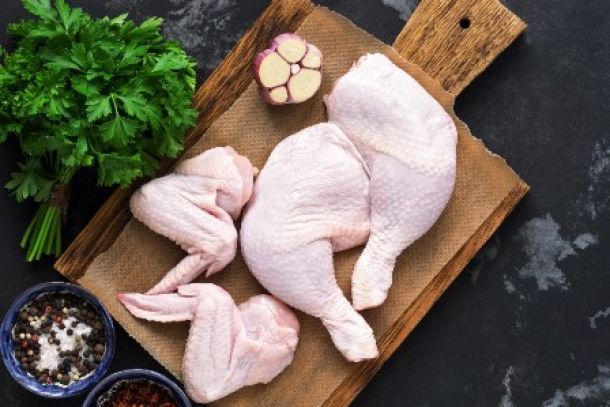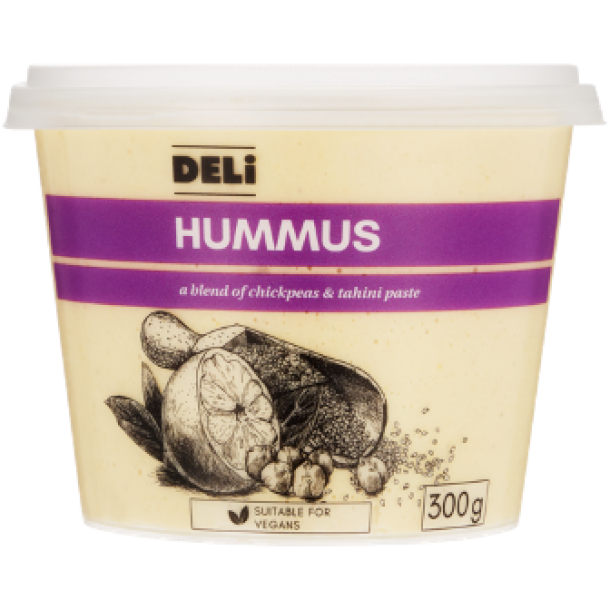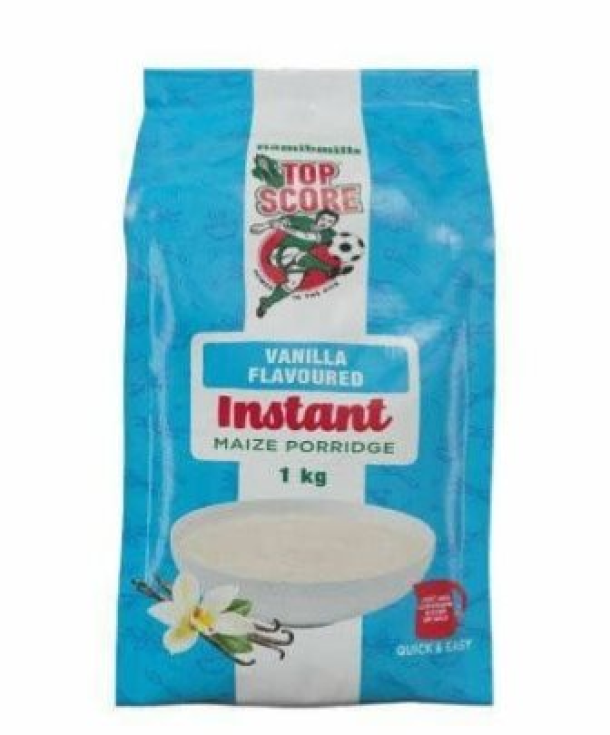Clover nears R10bn income mark
Clover boosted its income in the full year to near on the R10 billion mark thanks to sales volumes growing 9.7 percent.
The listed dairy producer says revenue gained 6 percent to R9.8 billion, while operating profit gained 10.9 percent to R564.5 million thanks to an improved product mix. Headline earnings per share came in at 188.9c, a gain of 8.9 percent. Headline earnings are considered a key measure of performance as they strip out once-off items.
Clover declared a 65.15c a share dividend, an increase of 16.3 percent.
Stripping out the Danone contract, which was phased out from December 2014, real revenue growth was 7.5 percent.
CEO Johann Vorster says the company is pleased with the continued strong performance, “especially as this is off of a very high base set last year”.
The company, he says, experienced “extraordinarily challenging operating and economic conditions during the period but managed to counter this by driving sales volumes, improving efficiencies and managing costs where possible”.
In the first half, Clover was challenged by an oversupply of milk, which led to lower selling prices, while - in the second half - the effects of the worst drought in recorded history was felt. This, explains Vorster, led to lower milk production, which was compounded by higher input costs.
To protect its primary supply, affected by the prolonged drought, mostly in the Highveld and Kwazulu-Natal areas, Clover increased prices paid to producers.
Current indications are that there is still a challenge to supply the forecasted market with milk, and Clover is watching the situation closely and will take the necessary action to ensure availability of raw milk.
Vorster says, however, that improved weather conditions predicted in late 2016 and 2017 will normalise milk production, result in a fall in food and beverage input costs and an overall reduction in food price inflation.
Clover was also hurt by the local currency’s weakness against other major currencies resulted in higher than expected cost inflation, he says.
Clover kept dairy selling prices constant for most of the year, absorbing inflationary increases as far as possible. Sales price increases were, however, implemented across its product categories in April 2016 to recover high cost inflation pushed up by the weakening foreign exchange rate.
“Our strategy to balance traditional dairy products with higher margin value-added products continued to gain traction. Although our roots will always remain firmly in dairy; non-dairy and value-added products now contribute 40 percent to margin on material. Our short-term aim is to increase this to an even split,” says Vorster.
Vorster also says Clover will capitalise on local opportunities for consolidation, and it also wants to boost exports to Africa.
News Category
- International retailers
- On the move
- Awards and achievements
- Legislation
- Wine and liquor
- Africa
- Going green
- Supplier news
- Research tools
- Retailer trading results
- Supply chain
- Innovation and technology
- Economic factors
- Crime and security
- Store Openings
- Marketing and Promotions
- Social Responsibility
- Brand Press Office
Related Articles

Eskort is celebrating 107 years

UK poultry industry as exports to South Africa ...

Playful bubble tea shops launch in selected Che...

Consumer Commission launches investigation into...


